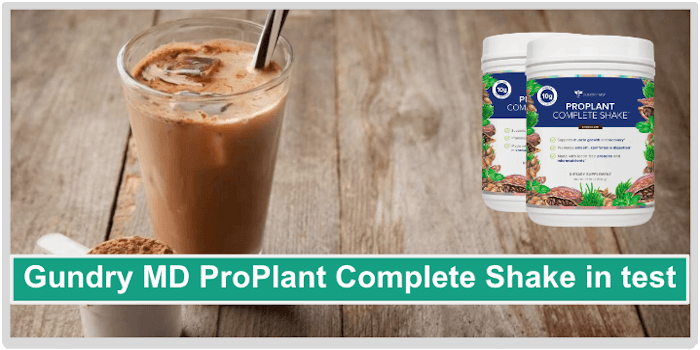Guide to Outpatient Rehab
What Is Outpatient Care? Outpatient care is a form of treatment in which the client lives at home and comes in to a clinic or treatment center for therapy and/or medication. One nationwide data set found that outpatient care made up roughly 60 percent of substance abuse treatment admissions.[1] A subset of 12 percent received intensive … Read more





